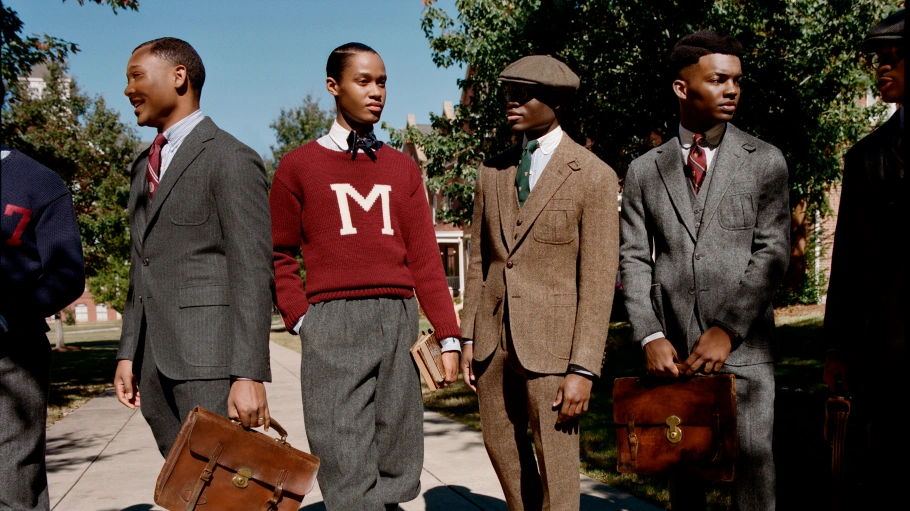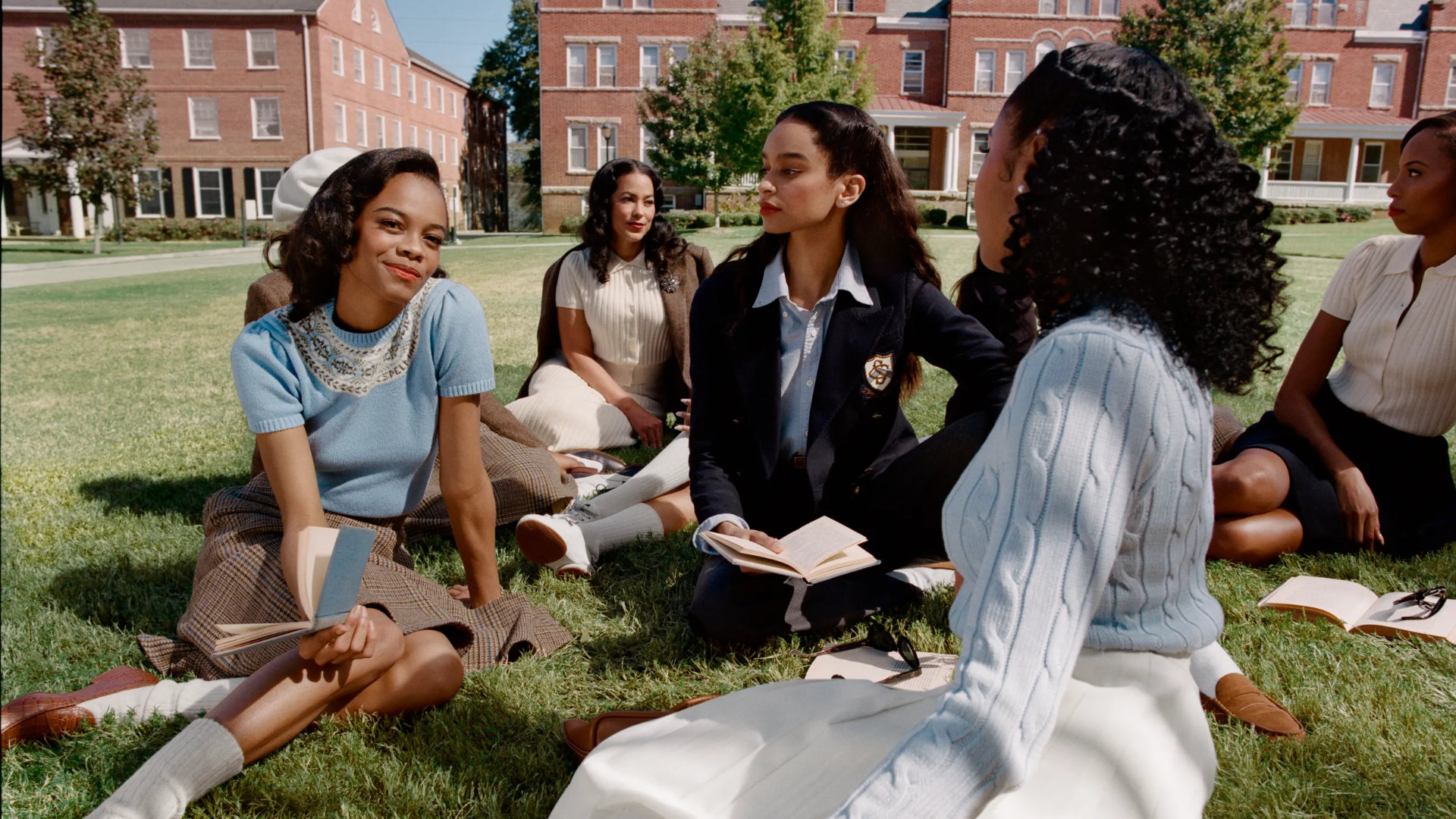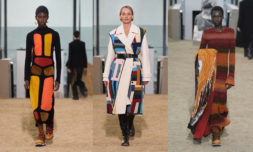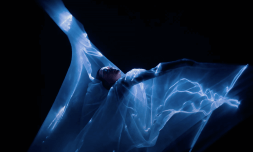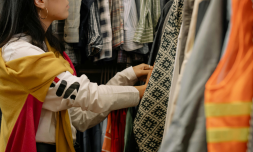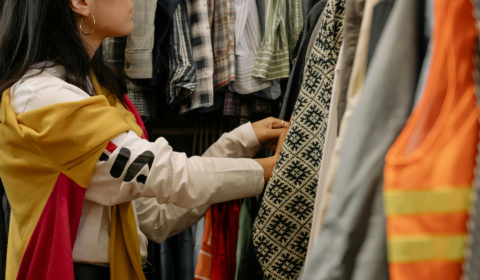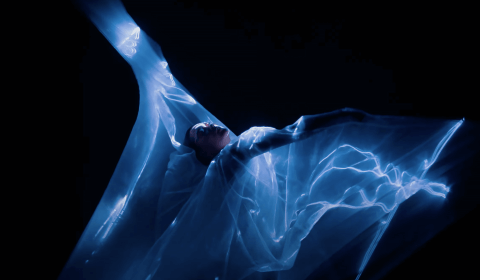Some raised concerns about what it means for ‘white brands [to tell] a Black story.’ Others asked whether this was just another instance of cultural appropriation, or an attempt to glamourise fashion that emerged during a period of racial tension.
Ralph Lauren – the company founder – admitted that his knowledge of Black expression through fashion was not exactly extensive until company-wide discussions on race in America were sparked by the Black Lives Matter protests of 2020.
It was at this time that James Jeter, a Morehouse graduate and director of concept design for the brand, presented 1920s/30s yearbook photos from the college to Ralph who was immediately inspired by the clothing worn, as well as the moment in history it signified.
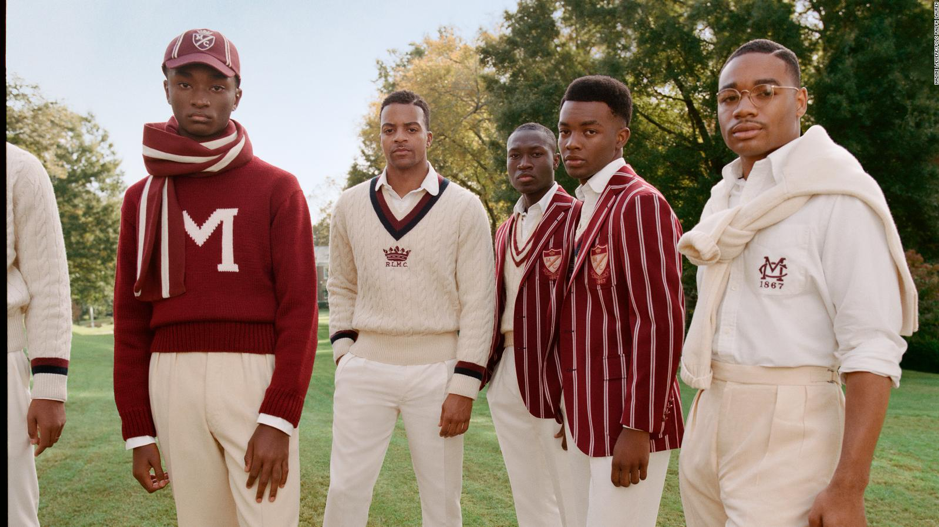
Noting similarities to his own designs, Ralph Lauren said this inspired him to share ‘a more complete and authentic portrait of American style and of the American dream.’ He added that he wanted to ensure ‘stories of Black life and experiences are embedded in the inspiration and aspiration of our brand.’
The collection’s silk wrap dresses are a nod to the white attire ceremony at Spelman College for women, an event that marks students’ induction at the institution. The Spelman collection is also complete with blazers, tweed skirts, long trousers, polo coats, wool jumpers, shoes, accessories and more.
The Morehouse collection also comprises of varsity jackets, suits, jumpers, sports shirts, and a wool blazer inspired by the ones given to students in their first week living on campus.
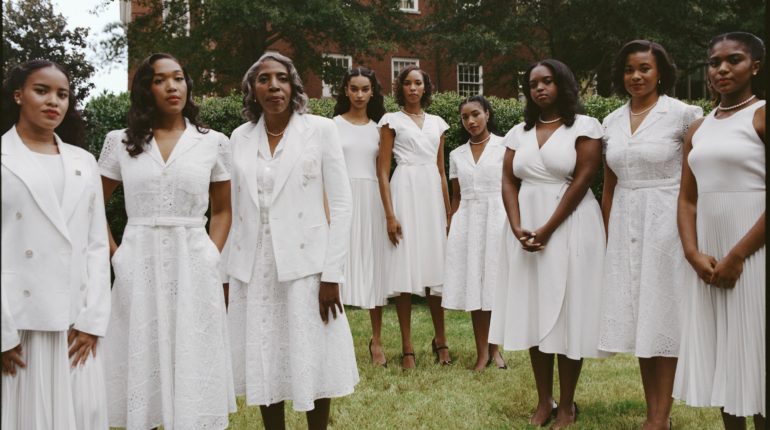
Released on March 29, the limited edition clothing range has involved an all-Black cast from design to production – including the creative directors, cinematographers, models, and photographers.
The campaign photographer, Nadine Ijewre told Vogue: ‘For me, the significance is that we are the ones telling our stories. We are the ones that are in control of the image that gets put out there.’
Adding to this, James Jeter said, ‘As we designed this collection, we understood the gravity of it and the importance of it. We delved passionately into every single detail of the design work: the fabrics, the labels, the buttons—all the way down to the last thread. Everything was considered and designed with intent.’
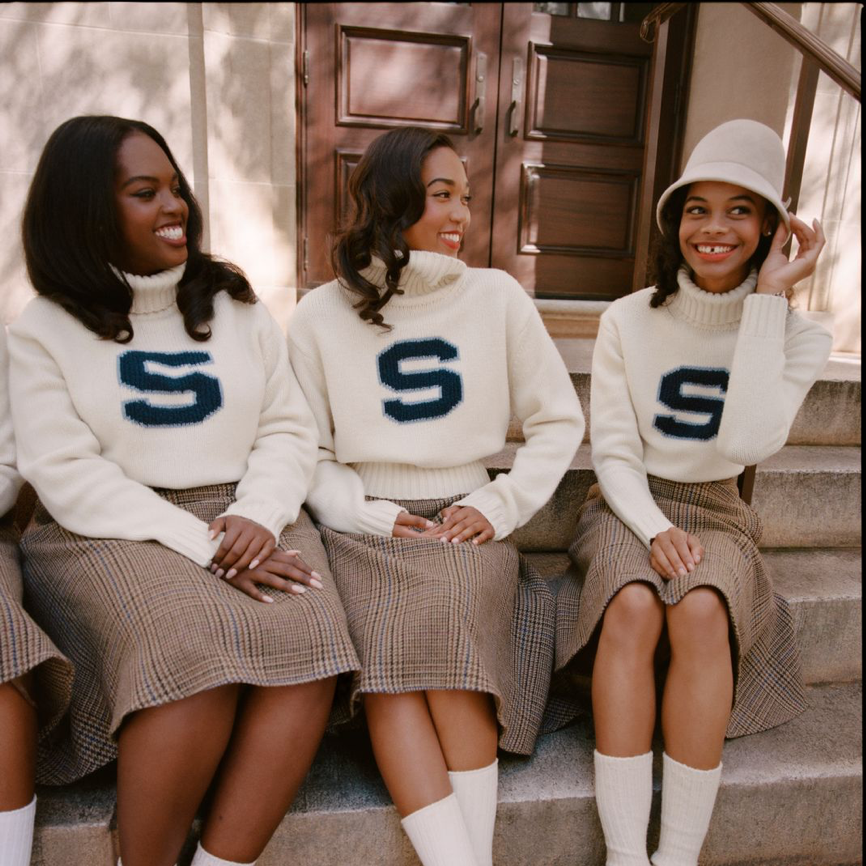
Today it’s become second nature for consumers to ask – as they have with other conglomerates – what Ralph Lauren has done behind the scenes to truly diversify and establish racial equity within its company.
So far, the brand has made a series of commitments and substantial changes to its recruitment processes and leadership teams. The Ralph Lauren Corporate foundation has also pledged $2million in scholarships for students attending 12 Black colleges in America.
On top of this, the HBCU collection has been described by those who designed it as a carefully thought out project, initiated, created, and shaped by personal understanding of the schools’ importance.
It’s only natural for the public to become sceptical when a historically white-dominated company makes huge leaps to become more exclusive. But it looks like Ralph Lauren has achieved telling the history of Black Excellence the right way, through the lens and voices of people who know it best.
